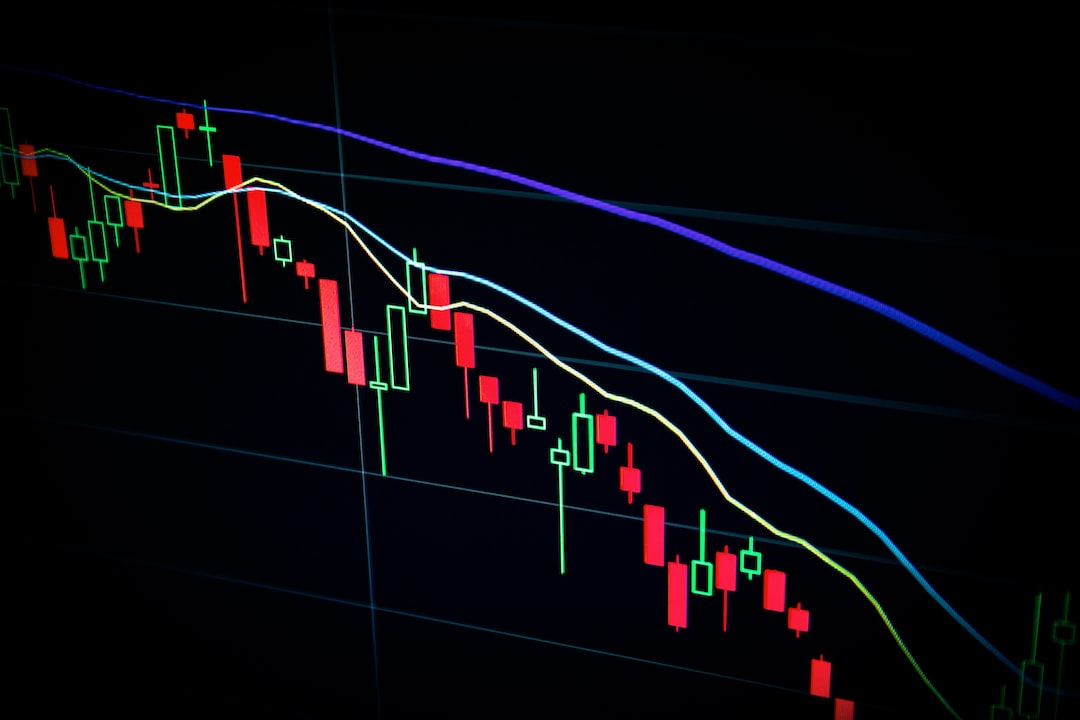Vivek Ramaswamy Believes US Government Sees Bitcoin as a Threat
Presidential hopeful Vivek Ramaswamy suggests that the US government’s reluctance to fully embrace Bitcoin (BTC) stems from viewing the top cryptocurrency as a threat to its existence. Speaking on the What Bitcoin Did podcast, Ramaswamy attributes Senator Elizabeth Warren’s critical stance on Bitcoin to a different worldview. Warren supports the Digital Asset Anti-Money Laundering Act, a bill that blockchain lobbyists argue would effectively ban digital assets in the US. According to Ramaswamy, the government and Warren’s worldview differs significantly from that of regular people who believe they create an accountable government. He believes this clash of perspectives is what drives their resistance towards embracing Bitcoin.
Educating Politicians About Crypto Won’t Change Their View
Ramaswamy argues that those seeking support for digital assets are mistaken in thinking that educating politicians about crypto will change their view. He asserts that the problem lies not in their lack of understanding of Bitcoin’s potential but rather in their awareness of it, which triggers a negative response. The presidential candidate plans to raise the issue of Bitcoin during debates and has already informed Republican Party moderators about his intention. He believes that discussing Bitcoin is an essential topic that needs to be addressed in political discourse.
Hot Take: US Government’s Fear of Bitcoin
Vivek Ramaswamy highlights an interesting perspective on why the US government is hesitant to fully embrace Bitcoin. He suggests that they perceive this top cryptocurrency as a threat to their existence because it challenges their belief that individual rights come from the government. Ramaswamy argues that educating politicians about crypto won’t change their view since they are aware of what it represents and actively resist its adoption. This insight sheds light on the clash between different worldviews and the need for open discussions on Bitcoin’s role in shaping the future of finance and governance.





 By
By
 By
By
 By
By
 By
By
 By
By
 By
By